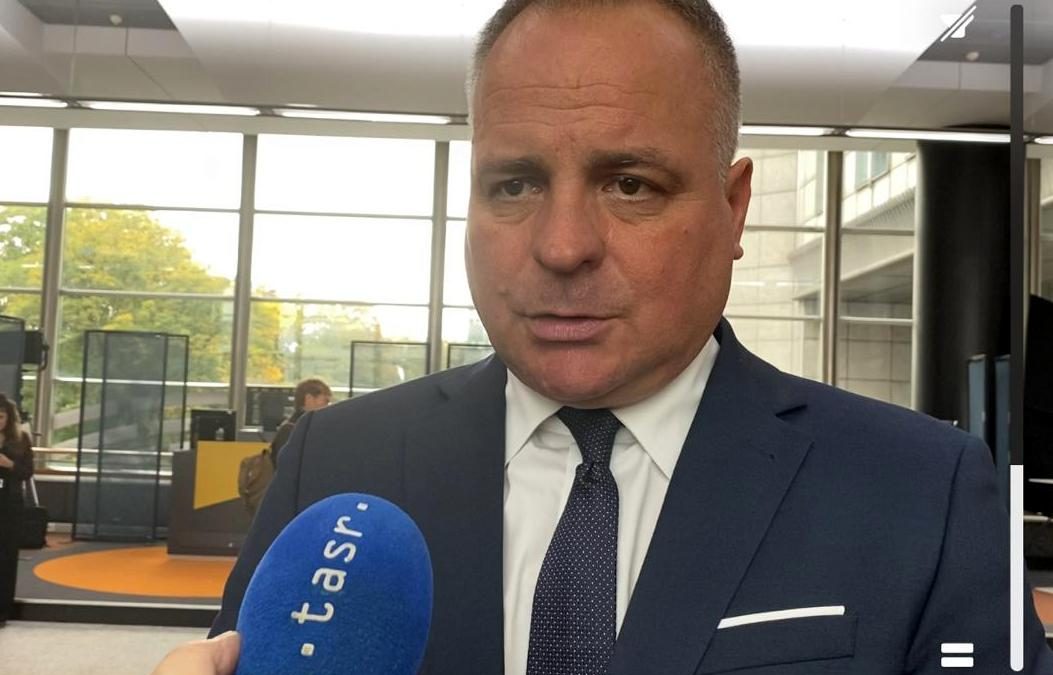Brussels – The EU’s cohesion policy must be directly linked to building competitiveness. This was stated on Tuesday by the chairman of the Bratislava Self-Governing Region (BSK) and head of the Slovak delegation at the October plenary session of the Committee of the Regions in Brussels, Juraj Droba.
Juraj Droba stated that within the political group European Conservatives and Reformists (ECR) in the Committee of the Regions, he was given the opportunity to speak on behalf of the ECR group chairman in the Committee of the Regions Marcos Marsilia at the opening of the Regions Week. “I presented a vision of cohesive policy, its connection to competitiveness. My speech was also about the fact that regions and local and regional governments must sit at the table when decisions are made about EU funds. Currently, this has become very centralized, and we are resisting it,” he described the situation.
He added that regional representatives do not want this matter to be decided from a green table at the government office; on the contrary, it is necessary for these decisions to be made at the lowest territorial level possible. He reminded that his speech received a great response because it is a problem that affects all regions in EU member countries.
On Tuesday afternoon, the plenary session of the Committee of the Regions in the Brussels building of the European Parliament also addressed the question of how this institution can best defend the interests of regions in the creation of the future long-term EU budget for the years 2028 – 2034 and in the allocation of resources for individual policies and programs.
In this context, Droba mentioned that on behalf of the Committee of the Regions, he was appointed on Monday as the rapporteur for the Connecting Europe Facility (CEF), which is the EU program that allows financing for the preparation and implementation of projects of common interest within the Trans-European Networks (TEN-T) policy in the sectors of transport, energy, telecommunications, and digitalization.
CEF will provide EU countries with 83 billion euros
“This will be 83 billion euros that will be distributed in the near future. I have about seven months to prepare this opinion. I should present this opinion next May at the next plenary session, where it will be voted on,” he explained. He specified that essentially, this will be money that will be drawn for transport, energy, and digital infrastructure. In practice, according to him, this means that these are resources from which Slovakia has a chance to pay for the modernization of its railways and the construction of highways. (October 14)
 go to the original language article
go to the original language article
